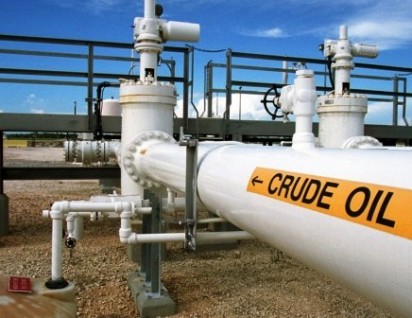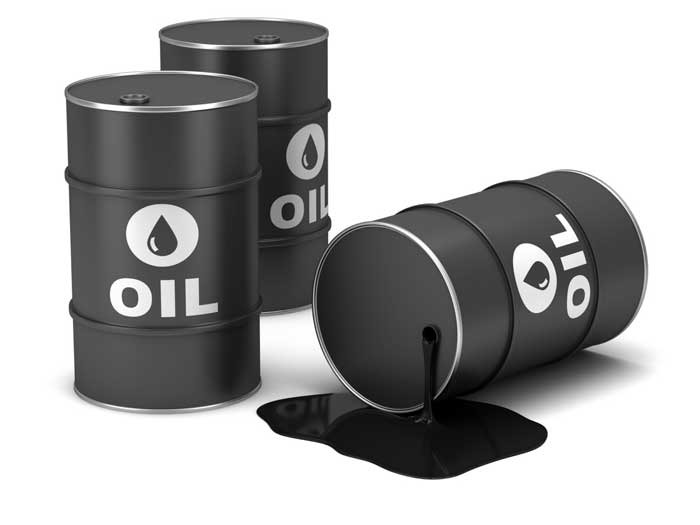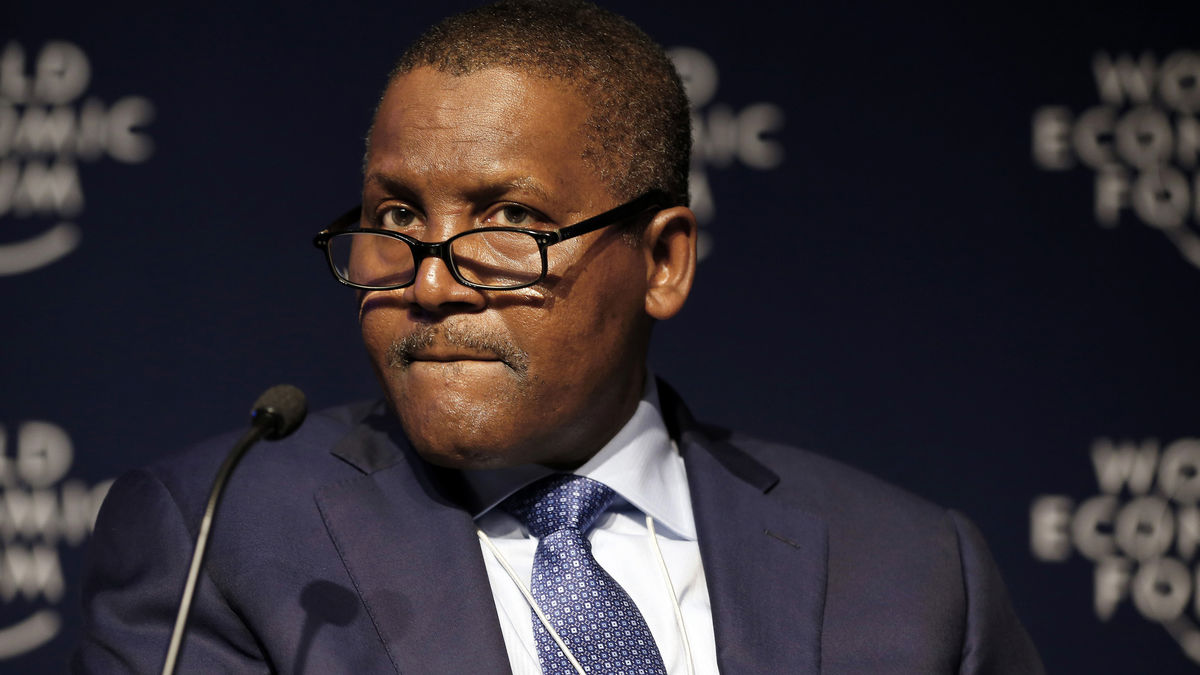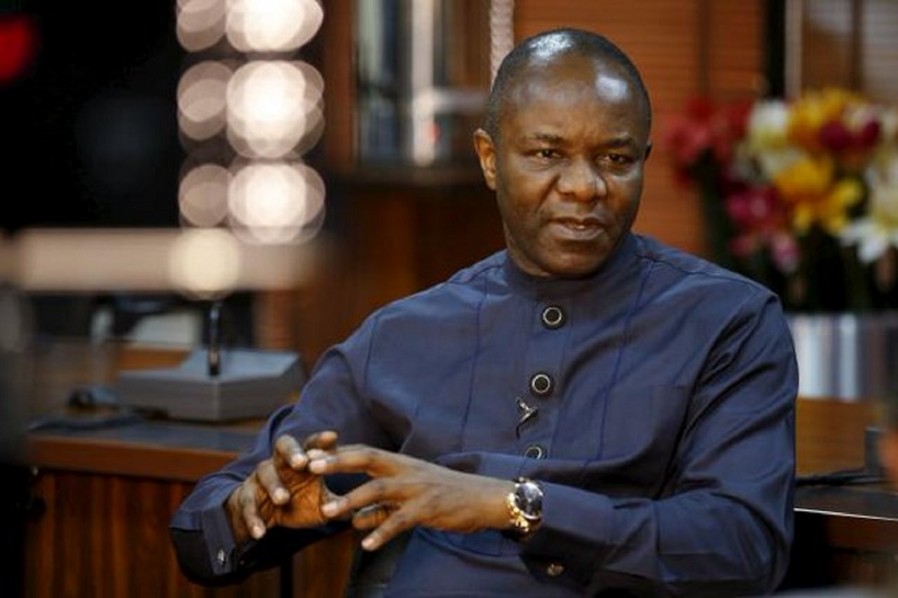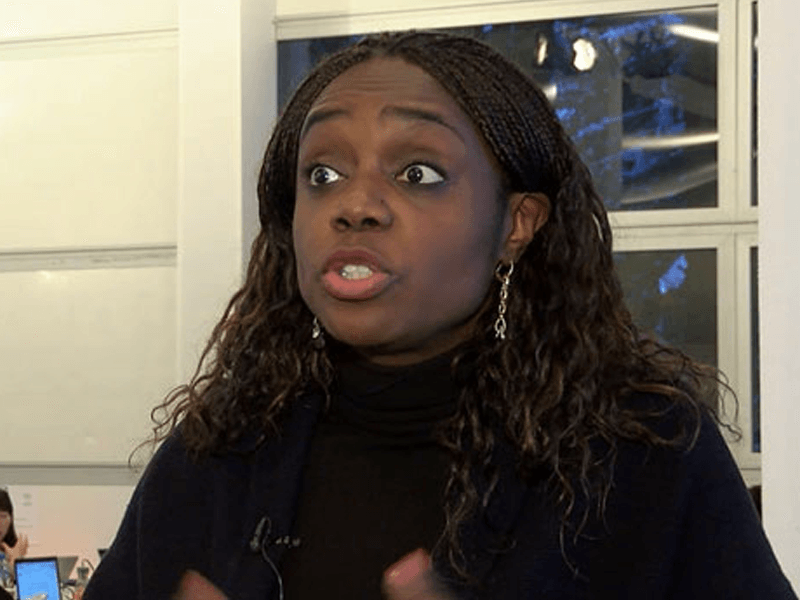The Federal Executive Council (FEC) on Wednesday approved new policies for oil and labour sectors of the economy.
This was revealed by the Minister of State for Petroleum Resources Dr. Ibe Kachikwu and Minister of Labour, Dr. Chris Ngige in an interview with State House correspondents after the FEC meeting in Abuja.
TheNewsGuru.com reports that the FEC meeting was chaired by Acting President Yemi Osinbajo at the Presidential Villa.
Kachikwu said the Federal Government was committed to ending fuel importation into Nigeria by 2019.
On the plan to end it, he said: “In terms of specifics, what a policy document does is that it gives you a general guideline in terms of where you are headed. Then, you go into the specifics in other separate documents for purpose of execution.
“If you take the 2019 timeframe for refinery for instance, it won’t tell you what I’m doing today, but it will tell you that I have set a timeline to exit importation and to get the refineries working by 2019.
“But if you ask me specifically off the shelve what are we doing on that? There is a steering committee already in place, which I head. There is a technical committee team already set up headed by chief operating officer in NNPC. We have had series of meetings with individuals who are willing to put money into the refineries.
“I need to state this clearly. This is not a sale and this is not a concession. This is a financing scheme and there are over 30 people who have indicated interest in that financing.
“They are going to go through the usual due process mechanism to see who qualifies for that financing. What we have resolved, however, which we have at least have a landing is that each of the refineries would be repaired by the individual company that built the refinery.
“Who does the work is different from who finance the work to be done. We are still dialoguing who is going to get the financing opportunity, but who is going to get the contracting opportunity to do the work is already decided. If you check the companies that built, I think is Chioda in the North, Saitem in Warri, if I’m not mistaken. I have forgotten the one in Port Harcourt. But, all of them have reached agreement with us in terms of willingness and readiness to do the work.
“Government is not putting money into this. lt is going to be sector-led effort and they will recover their money through incremental volumes that will arise from the production increase arising from the repairs. We are doing about 30 per cent performances on most refineries now. So, if you get them to above 90 per cent template, we are going to use some of the product line to pay for some of the debts and free ourselves from the importation problems.”
Noting that the refineries, when repaired cannot cover the required consumption, the minister said some level of efficiency and upgrade would increase their capacity.
He said: “We are banking on the fact that efficiency steps we are taking will reduce the consumption. We have gone from the 50 million litres per day when I resumed office down to today that is about 28 million litres per day.
“So, obviously, efficiency has wiped off smuggling, efficiency has reduced consumption and also whatever gains we made under the subsidy regime by taking the subsidy out has also taken out. So, if we are reducing the level of consumption and increasing the efficiency of the refineries, we are banking that we will be able to exit importation completely.
“And this is not building in Dangote refinery that is 165,000 barrel cap on it, or the modular refineries we are looking at or the AGIP we are looking at.
“So, I think we are finally on course and we are going to be very aggressive on target,” he said.
But he added that improving oil production target was very dicey.
According to Kachikwu , the council yesterday considered the Nigeria Petroleum Policy document.
He stressed that the essence of the gas policy, which was considered three weeks ago, was to change the imperatives of Nigeria from an oil producing country to a gas producing country.
Kachikwu was optimistic that the change process that was started in 2015 will be brought to logical conclusion in the next few years, if the new document is well-executed.
Ngige said FEC received the National Employment Policy, which will guide the administration.
He added that the last employment policy in operation in Nigeria was approved in 2002.
“That’s 14 years and in that 14 years, a lot of things have changed in labour and employment industry. Things like employment for people with disabilities, decent jobs programme and doing jobs without polluting the environment and other things that are new and contemporary in the labour market.”
On the issue of minimum wage, he said the ministry is awaiting the nominations from other bodies and groups.
“Once these nominations are in place, the President will then inaugurate the committee,”Ngige said.
Mrs. Ahmed said her ministry presented the National Social Protection Policy to the council.
The policy, she said, is a framework that seeks to provide social justice, equity and inclusive growth by using a transformative mechanism for mitigating poverty and unemployment in Nigeria.
According to her, the social investment programme started by the Federal Government since 2016 were drawn from the policy, which is presently in a draft form.
